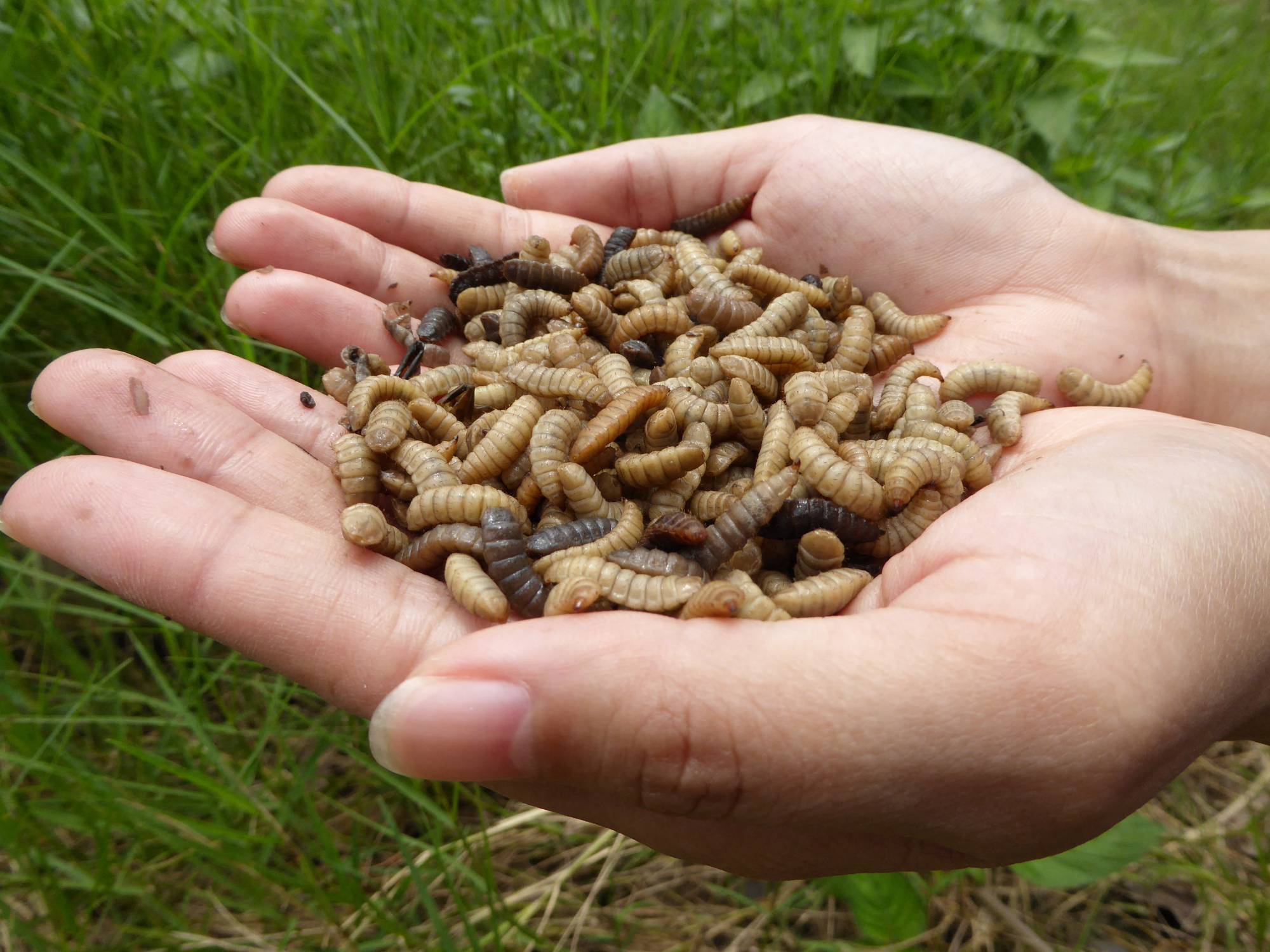As extreme weather and human activity degrade the world's arable land, scientists and developers are looking at new and largely unproven methods to save soil for agriculture.
One company is injecting liquid clay into California desert to trap moisture and help fruit to grow, while another in Malaysia boosts soil with droppings from fly larvae. In a Nova Scotia greenhouse, Canadian scientist Vicky Levesque is adding biochar — the burnt residue of plants and wood waste — to soil to help apples grow better.
Long-established soil preservation techniques, such as tilling less and sowing crops during off-seasons, are proving no match for more frequent droughts, floods and temperature extremes. Soil erosion is depleting dirt's ability to produce food, and could lead to a 10% loss in global crop production by 2050, according to the U.N.'s Food and Agriculture Organization.



















With your current subscription plan you can comment on stories. However, before writing your first comment, please create a display name in the Profile section of your subscriber account page.